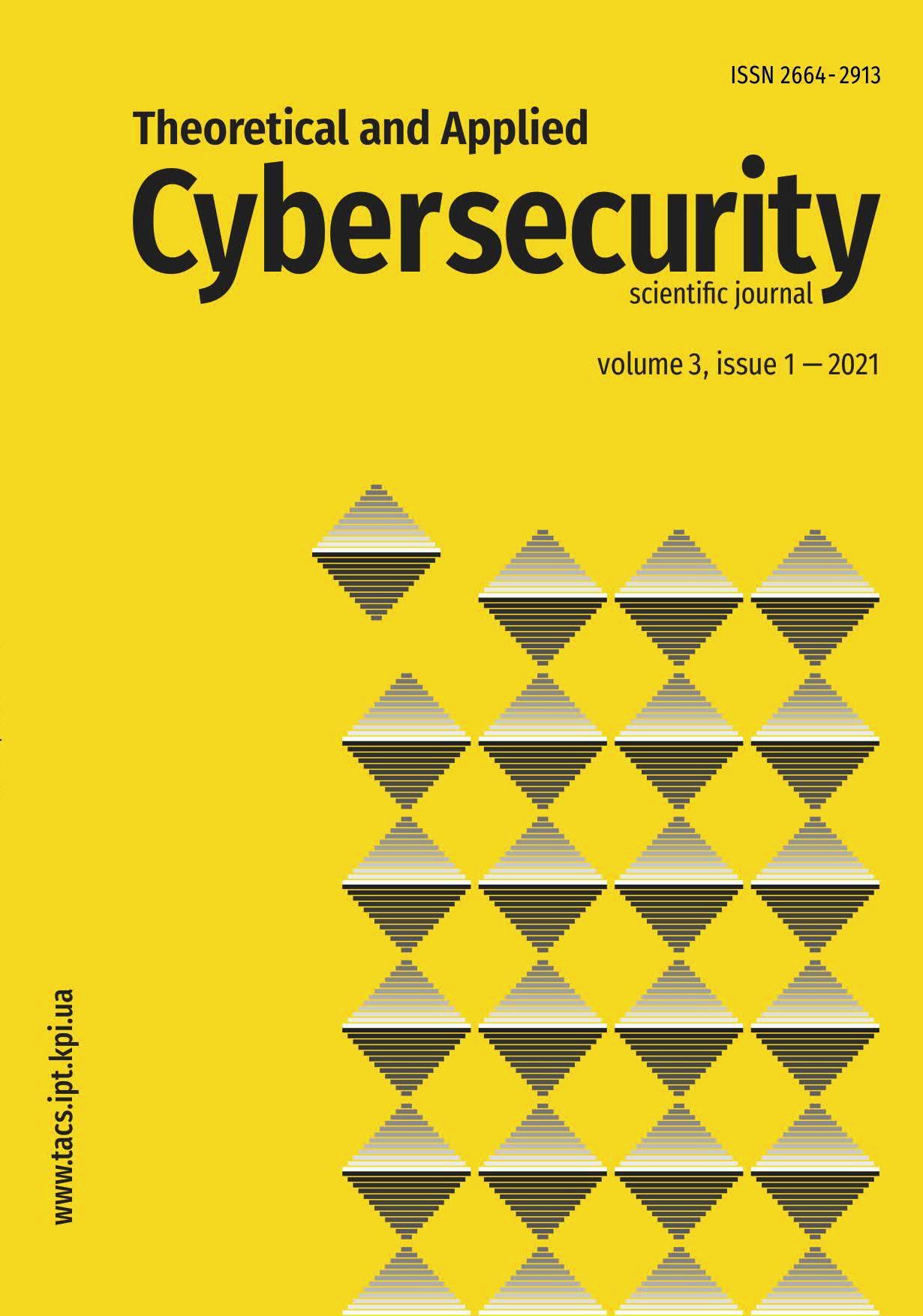Counteracting destructive information influences based on the game approach
DOI:
https://doi.org/10.20535/tacs.2664-29132021.1.251305Abstract
The problem of counteracting destructive influences on the example of ensuring information security of society during the rapid structural changes in the television industry is considered. To solve this problem we propose a nonlinear model that is based on multiple-choice in the context of information counteraction. Based on the study of the election campaign, the simulation of processes affecting security was conducted. A case in which, due to certain circumstances, some TV channels that political parties engage in for the purpose of agitation stop broadcasting has been investigated. The model considered the following objects: the first group of TV channels with common interests, the second group of TV channels - antagonists of the first, the third group - TV channels whose activities are insignificant in terms of impact on the first group, but in the simulation, they are considered to belong to the second group. The dependence of the efficiency of information influence on certain parameters of the model is shown. The conditions that ensure the preservation of the coalition in the conditions of information counteraction have been identified with the help of the game approach.
Downloads
Published
Issue
Section
License
Authors who publish with this journal agree to the following terms:
Authors retain copyright and grant the journal right of first publication with the work simultaneously licensed under a Creative Commons Attribution License that allows others to share the work with an acknowledgement of the work's authorship and initial publication in this journal.
Authors are able to enter into separate, additional contractual arrangements for the non-exclusive distribution of the journal's published version of the work (e.g., post it to an institutional repository or publish it in a book), with an acknowledgement of its initial publication in this journal.
- Authors are permitted and encouraged to post their work online (e.g., in institutional repositories or on their website) prior to and during the submission process, as it can lead to productive exchanges, as well as earlier and greater citation of published work (See The Effect of Open Access).

